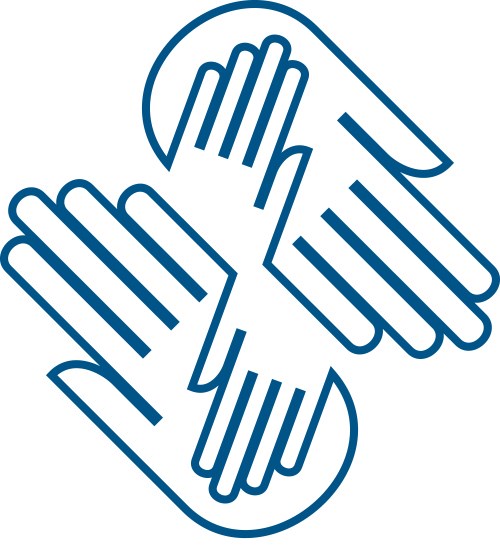As I approach the end of my year as EMRA president, I think it's natural to get a bit sentimental. And while yes, I do have one year remaining as immediate past-president, the end of my active EMRA years are on the horizon. It's been a long journey — I served on the EMRA Medical Student Council, then had the privilege of being elected ACEP representative on the board my intern year, and finally I have had the honor of serving as president of this wonderful organization. Each and every year I learn more about medicine, managing, and myself — which is why I want to highlight the value of service and giving your time to something you are passionate about.
Yes, I am suggesting that in addition to your clinical duties and all the long hours you are already putting into studying, that you set aside time to give even more of yourself. I know this sounds crazy, and I may have already lost some of you, but when you spend time on things that you care about, what you get in return will more than make up for the time invested. I make the case for giving your time to organized medicine, as this is clearly where my interests lie, but I truly believe that it can add to your career satisfaction, both immediately and in the long term.
By design, organized medicine gives you the opportunity to be around like-minded people; but perhaps more importantly, it also gives you the chance to be around people that may NOT think exactly like you. And while we may not always all agree, we still have a home in the organization. Maybe they have a different practice setting, maybe they do things differently in their training program – but chances are, new people bring new ideas to the table that can challenge you to broaden your current way of thinking. Organized medicine is a great way to learn about topics that you may not have known existed — or perhaps you just thought weren't for you. A great example of this is advocacy. Some members think that this is for “others” to do, but after they come to the ACEP Leadership and Advocacy Conference in Washington, D.C., they realize that this is something that they can — and want — to do.
Involvement in organized medicine provides ample opportunities to network at meetings, as part of workgroups, and in both formal and informal settings. The term “networking” often brings to mind images of folks schmoozing and trading business cards, but it does not have to be forced, and it can be a much more organic experience. Why not go up and introduce yourself to that person who is doing something exciting that is aligned with your interests? Why not ask a question to start a conversation with an expert? By meeting people and engaging them in conversations, you can form relationships that enhance your career and perhaps provide insight and mentorship along the way.
Being involved with medicine outside of the clinical arena enriches your career, but it is also a two-way street. Your own clinical experiences give you a certain perspective to bring to discussions, whether they are about health policy, member benefits, or educational products. Perhaps you had a patient whose story you relate to a congressman, who then decides to support a piece of legislation. Maybe you see a need in your community and help to develop an outreach program. Likewise, discussions from the world of organized medicine will undoubtedly influence how you see the world while at work. Maybe you are more tuned in to the specific social struggles of your patient population, or you are more mindful of your documentation, or maybe you see the effects of healthcare reform real-time. Involvement with organized medicine gives you the sense that your reach can go beyond the patient in front of you — and if that isn't fulfilling, I don't know what is.
At the end of the day, EMRA members have many things in common. We are busy studying, working, and living our lives, despite the first two items listed. We are committed to emergency medicine — to our patients, our practice, and the public. And we are part of an organization that provides countless opportunities to be involved at many levels. Giving your time to serve can help to balance the stresses of training with a sense of the big picture, providing you with new perspectives, the chance to contribute, and a home within the specialty of emergency medicine.



